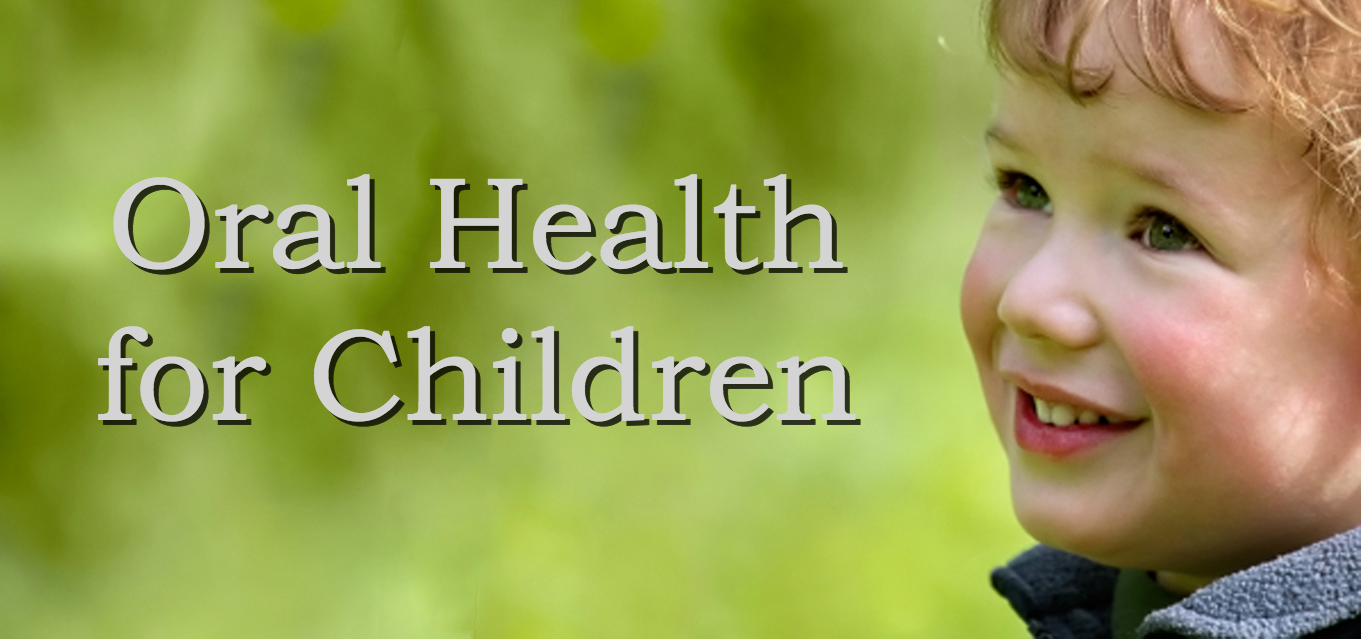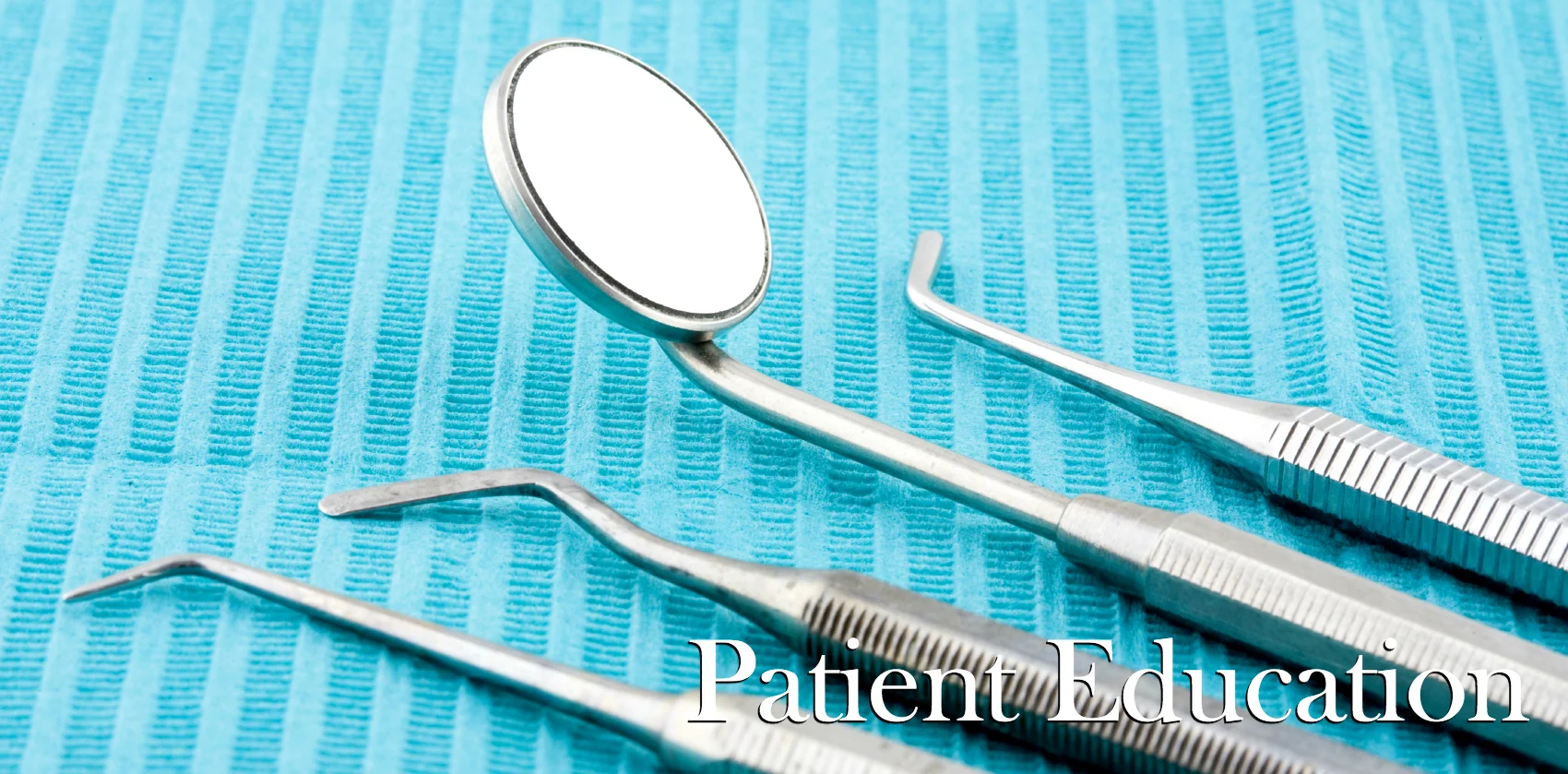February is the official National Children's Dental Health Month, as recognized by the ADA. Thousand Oaks Family Dentistry will be rolling out weekly topics relating to pediatric dentistry all month long. Make sure to check back regularly to catch all the great information.
Putting your baby to sleep with a bottle is an idea that has crossed every parent's mind. A bottle of formula, warm milk or juice may sooth fussy sleepers and make bedtime a much easier task. You have probably heard that making a routine of sleeping with a bottle can lead to tooth decay, but could a few nights a month or week be fine? At our office, we recommend avoiding putting infants to sleep with a bottle all together. Take a look!
For starters, putting your baby to sleep with anything that contains carbs or sugars will eventually cause enamel decalcification and tooth decay. Even drinks that aren't normally considered sweet, like milk, contain enough carbohydrates to start the decay process. This problem is so common that it even has its own name, baby bottle tooth decay, where the front teeth develop cavities in a telltale fashion. The problem with using a bottle only once or twice a month is that it can create a habit that is hard to break. Difficult sleepers and tired parents can lead to a slippery slope!
What about water? While water does nothing harmful to the teeth, its still not a great idea. Putting a baby to sleep with a bottle of any liquid increases their risk of ear infection. As fluids pool at the eustachian tubes in the throat, it creates a more ideal environment for bacterial growth. Again, your best bet it to avoid sleeping with bottles all together.
We know that raising and caring for a newborn is a monumental task. At Thousand Oaks Family Dentistry, we are here to answer any dental questions you may have. If you would like to know more about children's teeth. tooth decay or good oral health, please give our office a call!









